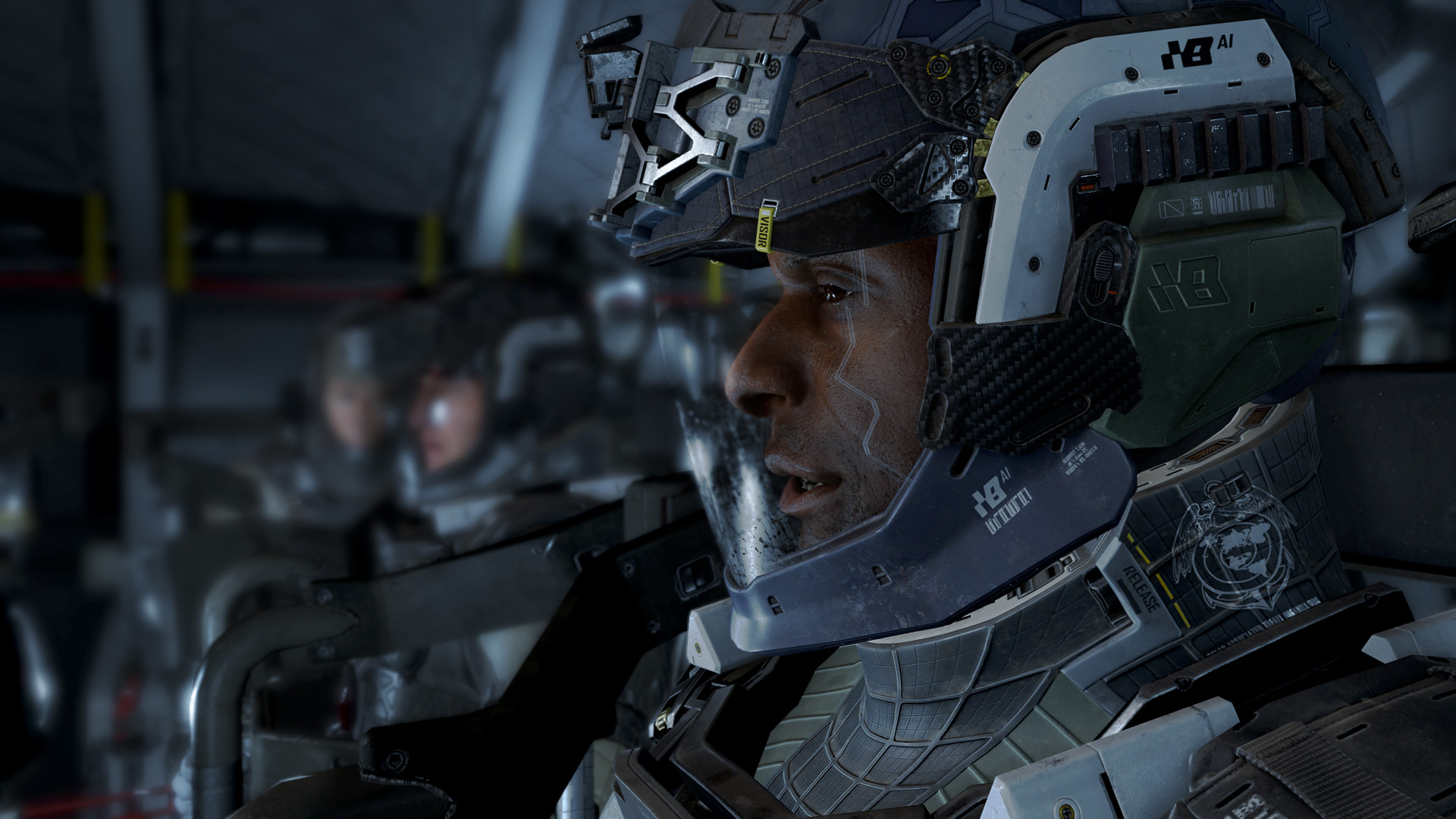8 Things I Learned About Call of Duty: Infinite Warfare
Nov 3, 2016 • Matthew Arcilla

Nov 3, 2016 • Matthew Arcilla
By Matthew Arcilla
At this year’s Electronic Sports and Gaming Summit (ESGS), I received an invitation to attend Sony’s press event, where they would be talking to us about two of the biggest titles that will be coming to PlayStation before the end of this year. One of those titles happened to be Call of Duty: Infinite Warfare.
The thirteenth in the main sequence of Call of Duty releases, it takes players to the future of armed conflict: space. While reactions towards Infinite Warfare have been mixed, going to space is the logical next step in a game that has featured combat exoskeletons and drone warfare. Here are some of the most interesting things we learned about the game.
Designers, artists and writers behind games aren’t always recognized by name or face. But the nerdier of us may recognize Schachner’s music from Assassin’s Creed: Unity. Schachner got her start in games doing compositions and arrangements with the famed Brian Tyler. Together they created the moody score of Assassin’s Creed: Black Flag and the haunting rhythms of Far Cry 3. Her score for Infinite Warfare teases similar emotions but with an added touch of melancholy and alienation.
The price of freedom is eternal vigilance. A futuristic space carrier like the UNSA Retribution isn’t just a fancy place to have cut scenes. It can travel the solar system and allow you to go on side quests. This incorporates an element of progression, ordinarily reserved for the multiplayer, into the campaign. Side missions not only expand the setting of Infinite Warfare, but will feed players with a hunger for unlocks.
Sometimes you’ll be launching into a galaxy of rebels from inside a cockpit. That’s right, some operations see you piloting a Jackal, an interstellar jet, as you dogfight into action. Combat remains a “boots on the ground” experience, but sometimes that means blasting your way through enemies before touching down on the surface of an enemy battleship. That’s some elite level danger there.
When asked about the games they have the opportunity to play and learn from, Monacelli cited the importance of lessons from “the Battlefields and Titanfalls of the world.” He also mentioned Wing Commander, the narrative-heavy space combat simulator from the early 90s, being a key influence on the design of Infinite Warfare. “We try and play as many games as possible and get a good sense of what’s going on out there and what other people are doing,”
Pages: 1 2
Input your search keywords and press Enter.
